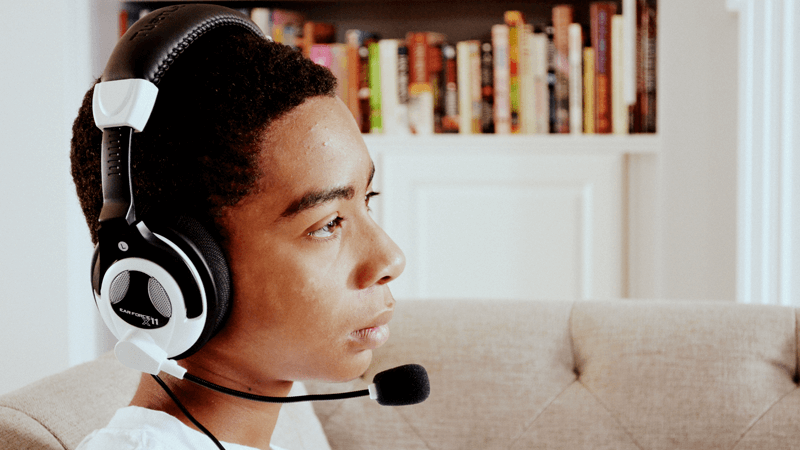Approximately 25,000 children could be problem gamblers, with a further 36,000 at risk, new research has found.
The Gambling Commission’s annual Young People and Gambling survey revealed that eleven per cent of children between the ages of 11 and 16 have played online gambling-style games.
The report stated that while some online games do not offer prizes, they mimic real gambling activities like poker or roulette, and as such could be an entry route into real gambling.
Struggling
So-called ‘skins betting’ also featured prominently in the report. Children can buy, trade and gamble virtual items or ‘skins’ found on video games for real money.
Ryan Archer started aged 15. He began betting after he found he could not afford some of the rarer items he wanted to collect.
Now at university, four years of gambling to win the virtual collectibles has taken its toll. He revealed he has lost more than £2,000.
He spent his student loan gambling and said: “There have been points where I could struggle to buy food, because this takes priority.”
No safeguards
Ryan explained why some children get sucked into gambling in this way, and why child gambling is not always in the public eye.
He said: “It’s hard to ask your parents for £1,000 to buy a knife on [a game], it’s a lot easier to ask for a tenner and then try and turn that into £1,000.”
He added: “You wouldn’t see an 11-year-old go into a betting shop, but you can with this, there’s nothing to stop you.”
Loopholes
Chief Executive of the Gambling Commission Sarah Harrison said that the gambling industry needed to do more to protect children.
She said, “we’re seeing examples of really young people, 11 and 12-year-olds, who are getting involved in skin betting, not realising that its gambling”.
She added: “At one level they are running up bills, perhaps on their parents’ PayPal account or credit card, but the wider effect is the introduction and normalisation of this kind of gambling among children and young people.”
Of the children surveyed by the Gambling Commission, seven per cent have used their parents’ money to gamble online.

